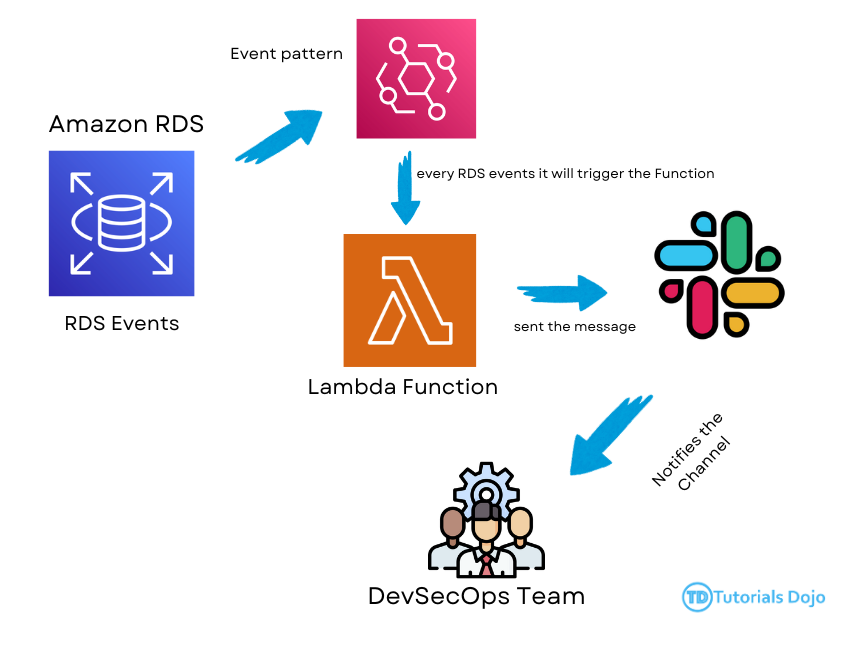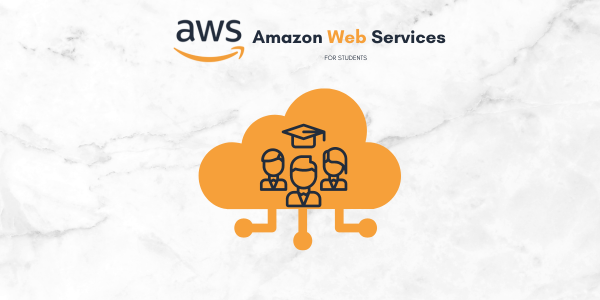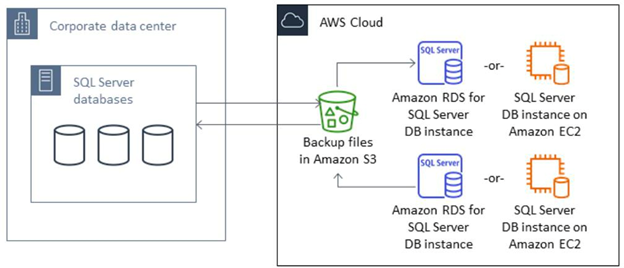AWS Console-to-Code: Seamlessly Transform Manual Actions into Reusable Code
Nestor Mayagma Jr.2024-10-29T08:00:35+00:00Cloud computing today demands efficiency and automation like never before. AWS Console-to-Code is an innovative tool designed to bridge manual operations with automated infrastructure management. By transforming console actions into reusable Infrastructure-as-Code (IaC), this feature streamlines workflows, enhances consistency, and accelerates deployment processes. This article will guide you through the process of implementing AWS Console-to-Code to launch Amazon EC2, VPC, and RDS. What is AWS Console-to-Code? AWS Console-to-Code utilizes Amazon Q Developer to simplify the process of automatically converting your console actions into reusable code snippets. Whether you're setting up an EC2 instance or configuring a VPC, AWS Console-to-Code can generate code in [...]










